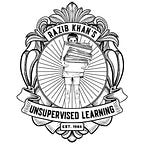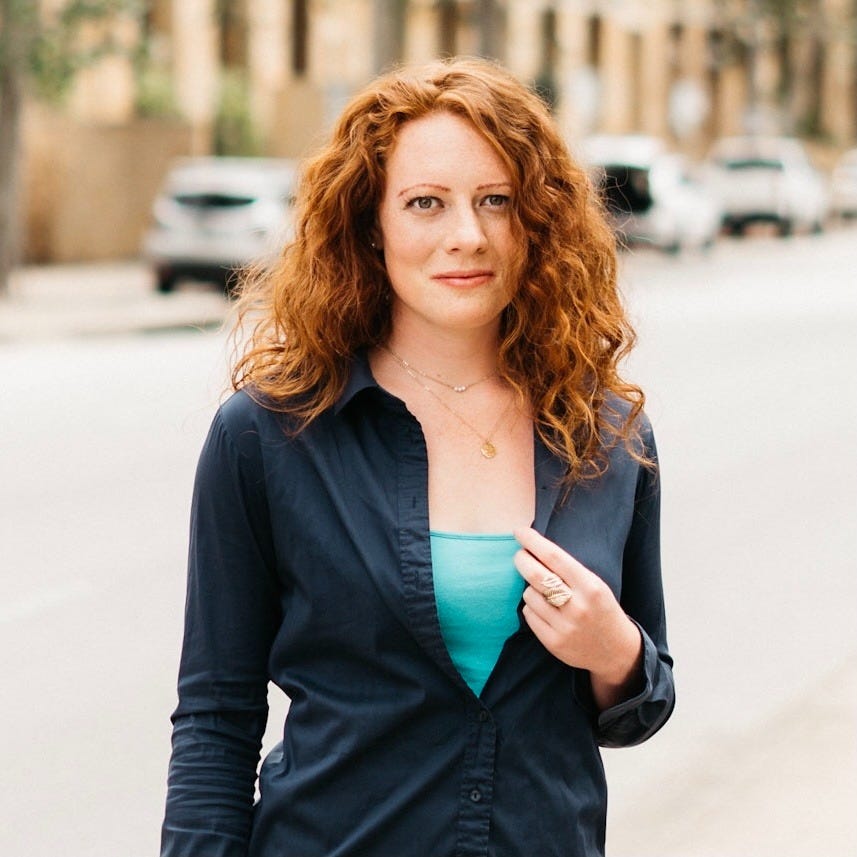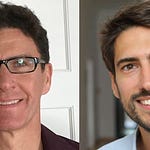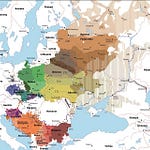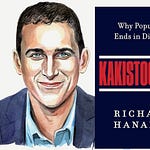On this week’s episode of Unsupervised Learning Razib talks to Hannah Frankman about the past, present and future of education. Frankman is a Hazlitt Fellow at the Foundation for Economic Education, the founder of Rebel Educator, and the host of an eponymous podcast (Spotify, Apple and YouTube). Education as a discipline has been a human concern since Plato outlined an idealized system of universal pedagogy in The Republic, later to be rejected by his pupil Aristotle's lost treatise On Education in favor of a more targeted and elitist system.
In the American context, the field has been riven by tensions between the bottom-up forces that encouraged a well-informed citizenry, resulting in New England being the world’s first universally literate society, and top-down political forces that led to the growth of secular and universal public education in the 19th century. Beginning in March 2020 the world of education came into our living rooms as the COVID-19 pandemic sent students out of the classroom into the alternative universe of “zoom school,” bringing parents face to-face with the day-to-day of the current educational framework.
For many Americans, the chaos and trials of the pandemic years have them reconsidering schools and entertaining alternatives to the current system, which seemed so unprepared for the exigencies of the present. Frankman believes her non-traditional background equips her to understand the challenges of our current era, first being homeschooled, and then going straight into the workforce with Praxis, a college alternative that fosters skills that enable entrepreneurship in young people. She explains exactly what homeschooling in the American context means, from those motivated by religious concerns who mimic much of the curriculum of traditional institutions and simply modify or supplement it with Christian materials, all the way to “unschooling,” whereby students are much more self-guided and undirected. Frankman also recounts her own personal experiences with nontraditional education, the pitfalls and benefits, and why she left the traditional path when she was just six years old. They then discuss the reality that the last few years have seen crashing test scores across the countries and a widespread realization that aspects of the traditional system that might have been well geared toward producing factory workers in the 20th century may be ill-suited to the “information economy” of the 21st century. Frankman makes the case for a diversity and pluralism of responses, and she and Razib talk about various paths that other nations have taken, including the more structured systems of East Asia. Finally, they discuss the future of Rebel Educator, and her vision for a future of American education focused on choice, experimentation and flexibility better suited to our current learning options and the needs of a modern economy.

